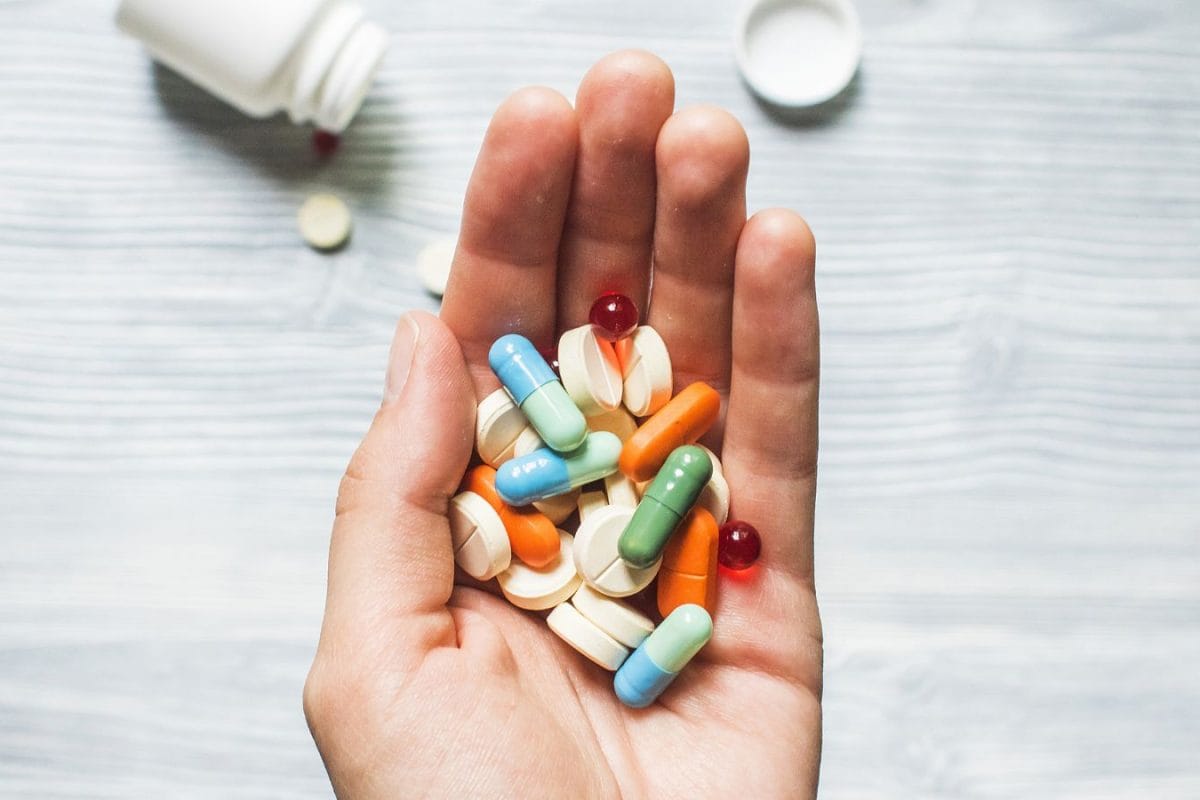The Indian government is considering relaxing import duties on approximately 200 drugs, including blockbuster cancer medications like Keytruda and Enhertu. This move aims to lower healthcare costs and improve accessibility to essential medicines for patients in India.
Background and Rationale
Import duties on drugs in India typically range from 10%, with some life-saving drugs and vaccines subject to a concessional rate of 5% or even nil. The government has been receiving representations seeking customs duty relief for drugs and medicines used in the treatment of various diseases. Removing or reducing these duties could significantly decrease the financial burden on patients, particularly those requiring expensive treatments like cancer therapies.
In the Union Budget 2025-26, Finance Minister Nirmala Sitharaman announced the full exemption of basic customs duty on 36 life-saving drugs, providing relief to patients suffering from cancer and rare diseases. Additionally, 37 more medicines and 13 new patient assistance programs have also been exempted from the basic customs duty. However, six life-saving drugs have a 5% duty.
Key Drugs Under Consideration
- Keytruda (Pembrolizumab): This top-selling oncology drug from Merck is prescribed for a wide range of cancer types. The government had previously exempted Keytruda from customs duty.
- Enhertu (Trastuzumab Deruxtecan): Manufactured by AstraZeneca, Enhertu is used to treat HER2-positive breast cancer, HER2-low metastatic breast cancer, and locally advanced or metastatic gastric cancer. Before a previous BCD exemption, Enhertu cost ₹1.6 lakh per vial in India.
Impact and Implications
The proposed import duty relaxation is expected to have several positive outcomes:
- Reduced Costs for Patients: Lowering import duties directly translates to lower prices for imported drugs, making them more affordable for patients.
- Increased Accessibility: Affordable medicines improve access to treatment, especially for chronic diseases and conditions requiring specialized medications.
- Boost to the Indian Pharma Industry: The Indian Pharmaceutical Alliance (IPA) has proposed the removal of tariffs on pharma imports from the US, which could benefit the Indian pharma industry.
- Government Initiatives: These moves align with the government's focus on progressive access strategies to tackle challenges posed by diseases like cancer.
Import Regulations and Procedures
The import of drugs into India is regulated by the Central Drugs Standard Control Organisation (CDSCO). To import pharmaceuticals, a valid import license from the CDSCO is essential, and imported pharmaceuticals must be registered with the CDSCO. Importers must also obtain an Import Export Code (IEC) from the Directorate General of Foreign Trade (DGFT). Furthermore, imported pharmaceutical products must meet Good Manufacturing Practices (GMP) standards as set by CDSCO.
Customs Duty Exemptions: A Timeline
- 2023: The government exempted customs duty on drugs and food items for special medical purposes imported for personal use to treat rare diseases listed in the National Policy For Rare Diseases, 2021. Keytruda was also exempted. The relaxation came into effect on April 1, 2023.
- 2024: The GST Council announced reduced tax rates on three key anti-cancer drugs: trastuzumab deruxtecan, osimertinib, and durvalumab. The Union government had already waived the basic customs duty (BCD) for these drugs.
- 2025: In the Union Budget, 36 life-saving drugs were fully exempted from basic customs duty.
Challenges and Considerations
While the import duty relaxation is a welcome step, some challenges and considerations remain:
- Balancing Affordability and Local Manufacturing: The government needs to strike a balance between making imported drugs affordable and promoting domestic pharmaceutical manufacturing.
- Quality Control: Ensuring the quality and safety of imported drugs is crucial. The CDSCO plays a vital role in regulating and monitoring the import of pharmaceuticals.
- Trade Negotiations: India faces pressure from other countries, such as the US, to reduce tariffs on pharmaceuticals. The Indian government needs to negotiate trade deals from a position of strength, protecting the interests of the domestic industry while ensuring access to affordable medicines.
By relaxing import duties on essential drugs, the Indian government aims to improve the health and well-being of its citizens by making critical treatments more accessible and affordable.

